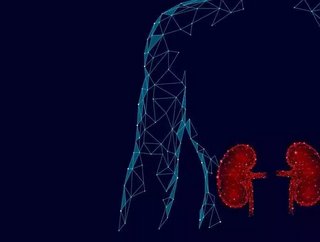Google's AI DeepMind might be able to spot acute kidney injury 48 hours before doctors spot it

Google has announced that its health and artificial intelligence (AI) group, DeepMind, has delivered one of its biggest breakthroughs yet.
The company revealed that it’s developing an AI-driven technology that “could give doctors a 48-hour head start in treating acute kidney injury (AKI).
Notoriously difficult to spot, AKI is a condition whereby a patient’s kidney suddenly stops working properly.
In a recent paper, DeepMind researchers highlighted how their algorithms correctly predicted 90% of acute kidney injuries that would eventually require dialysis.
“Such digital technologies will undoubtedly open up new possibilities for timely clinical interventions and treatments to reduce harm to patients,” said Professor Jeremy Hughes, Chair of Kidney Research UK.
The news comes five years after Google acquired the London-based AI company for a reported $500mn.
In a press release, DeepMind said the announcement was a “major milestone for the team”, who will be carrying the work forward as part of Google Health, led by Dr David Feinberg.






